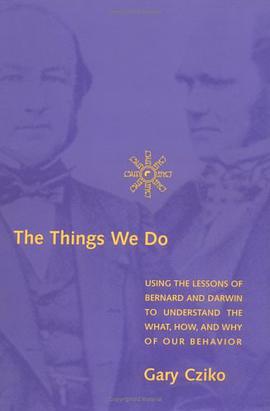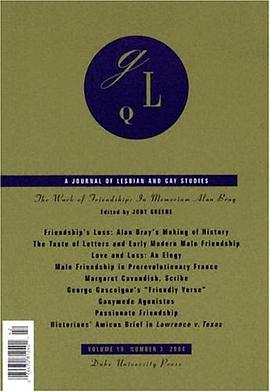

The remarkable achievements that modern science has made in physics, chemistry, biology, medicine, and engineering contrast sharply with our limited knowledge of the human mind and behavior. A major reason for this slow progress, claims Gary Cziko, is that with few exceptions, behavioral and cognitive scientists continue to apply a Newtonian-inspired view of animate behavior as an organism's output determined by environmental input. This one-way cause-effect approach ignores the important findings of two major nineteenth-century biologists, French physiologist Claude Bernard and English naturalist Charles Darwin.Approaching living organisms as purposeful systems that behave in order to control their perceptions of the external environment provides a new perspective for understanding what, why, and how living things, including humans, do what they do. Cziko examines in particular perceptual control theory, which has its roots in Bernard's work on the self-regulating nature of living organisms and in the work of engineers who developed the field of cybernetics during and after World War II. He also shows how our evolutionary past together with Darwinian processes currently occurring within our bodies, such as the evolution of new brain connections, provide insights into the immediate and ultimate causes of behavior.Writing in an accessible style, Cziko shows how the lessons of Bernard and Darwin, updated with the best of current scientific knowledge, can provide solutions to certain long-standing theoretical and practical problems in behavioral science and enable us to develop new methods and topics for research.
具體描述
讀後感
評分
評分
評分
評分
用戶評價
相關圖書
本站所有內容均為互聯網搜索引擎提供的公開搜索信息,本站不存儲任何數據與內容,任何內容與數據均與本站無關,如有需要請聯繫相關搜索引擎包括但不限於百度,google,bing,sogou 等
© 2025 qciss.net All Rights Reserved. 小哈圖書下載中心 版权所有




















